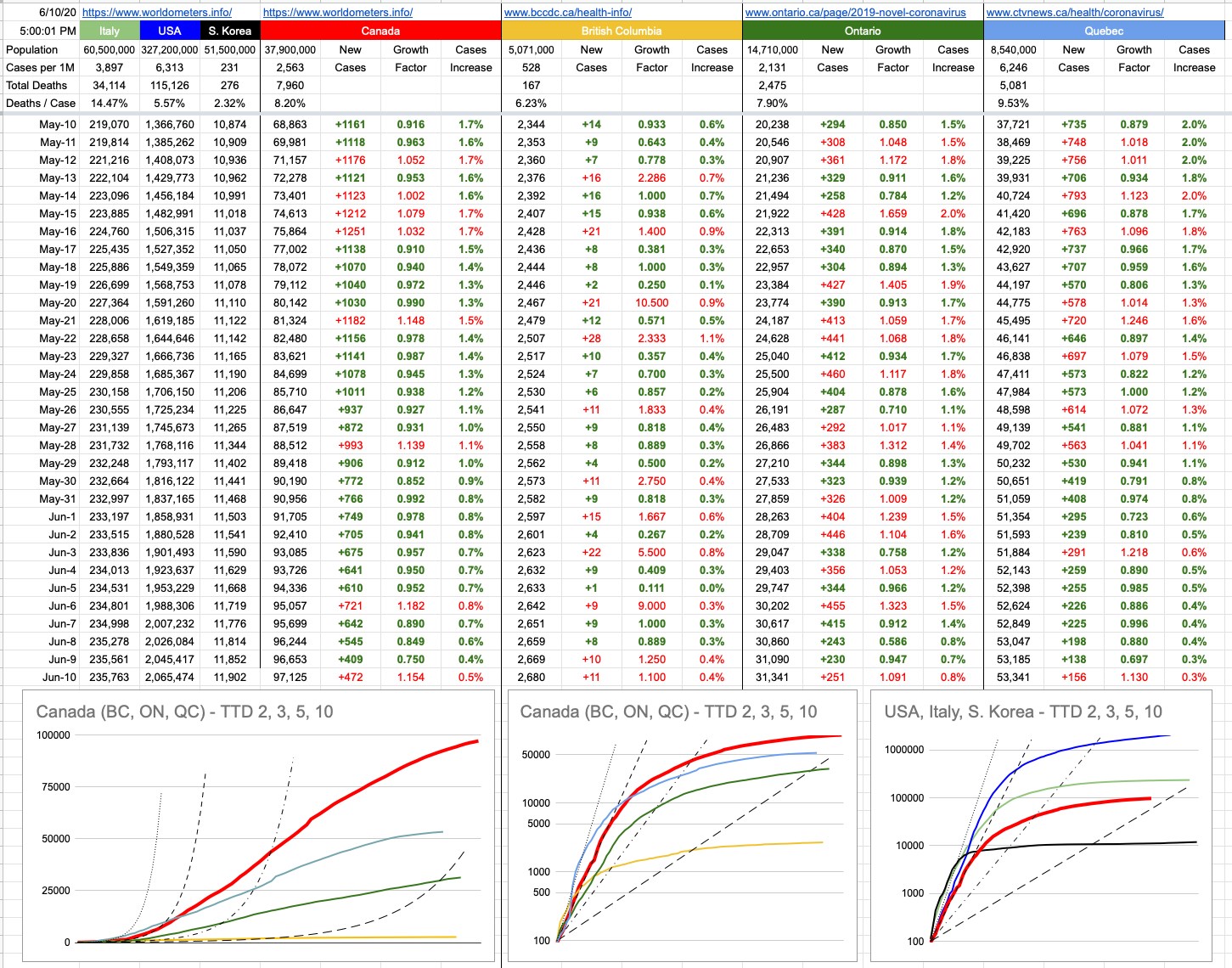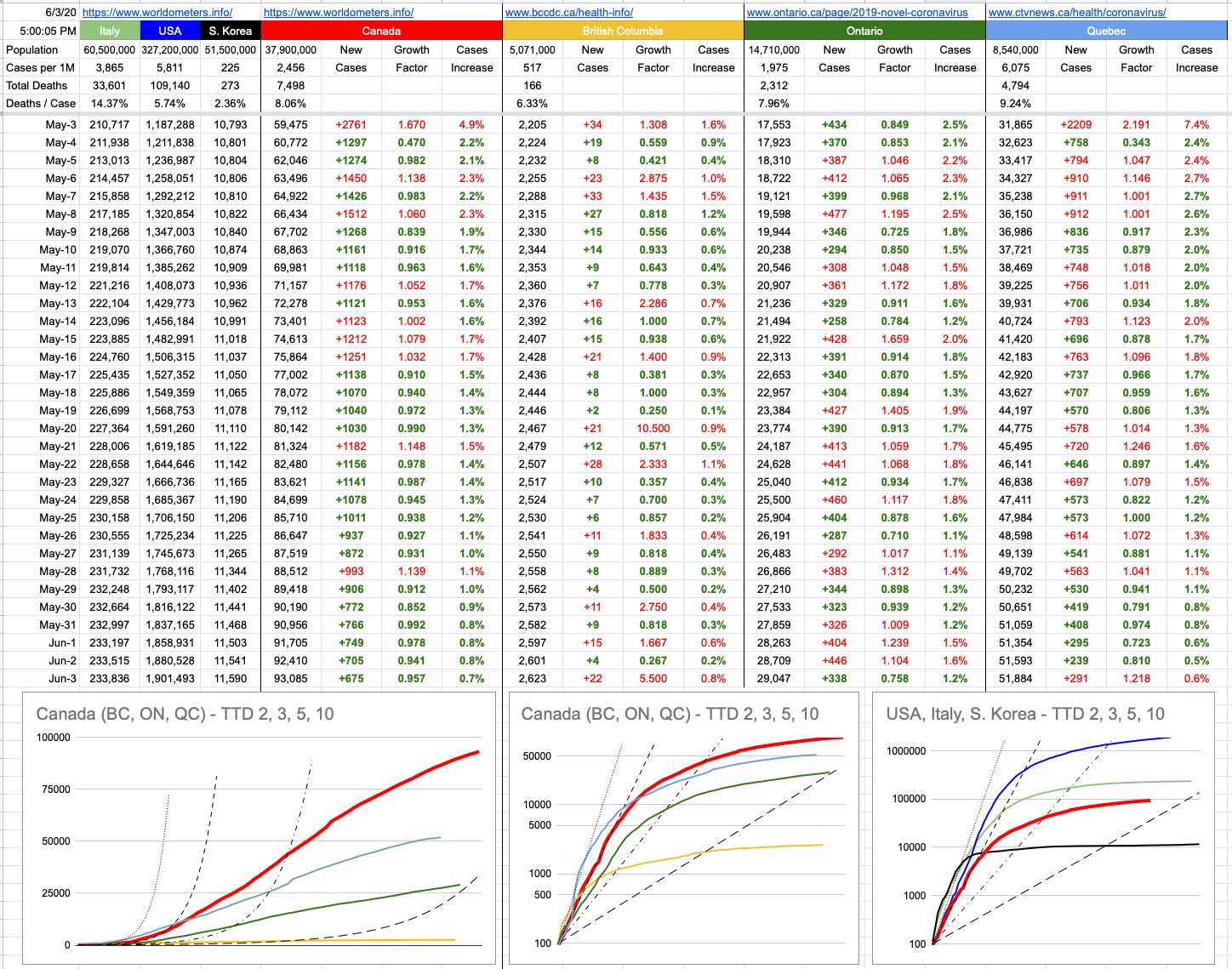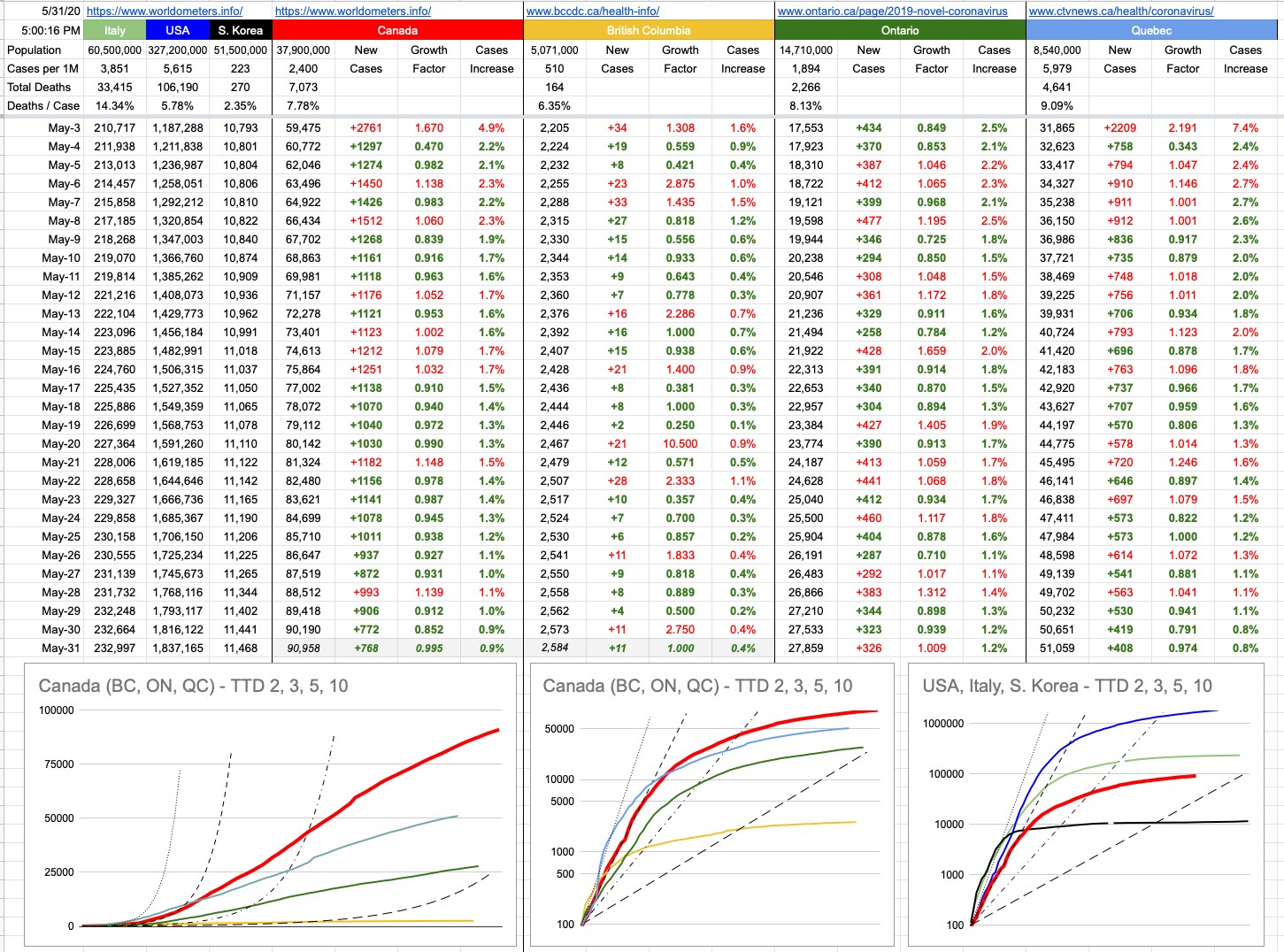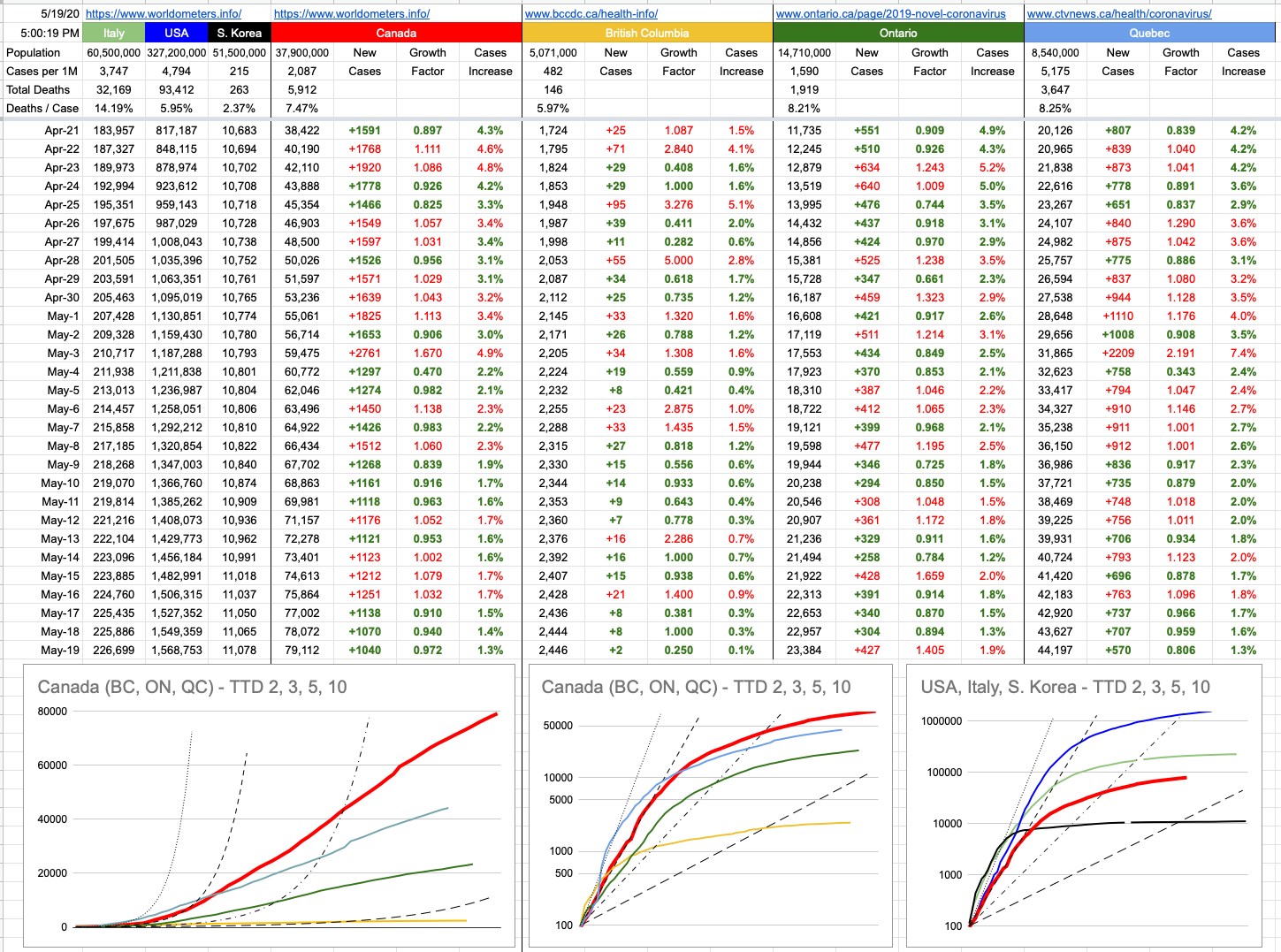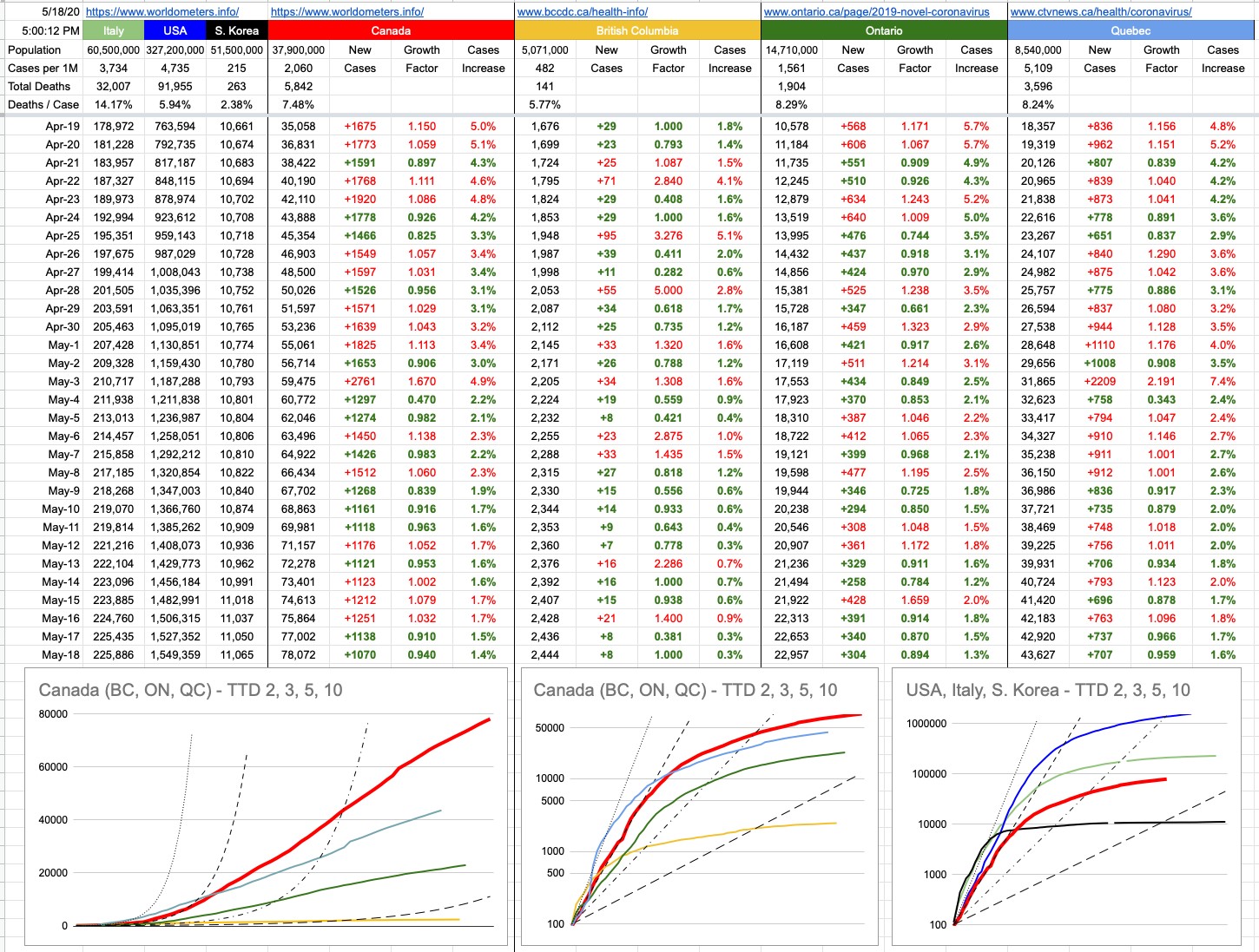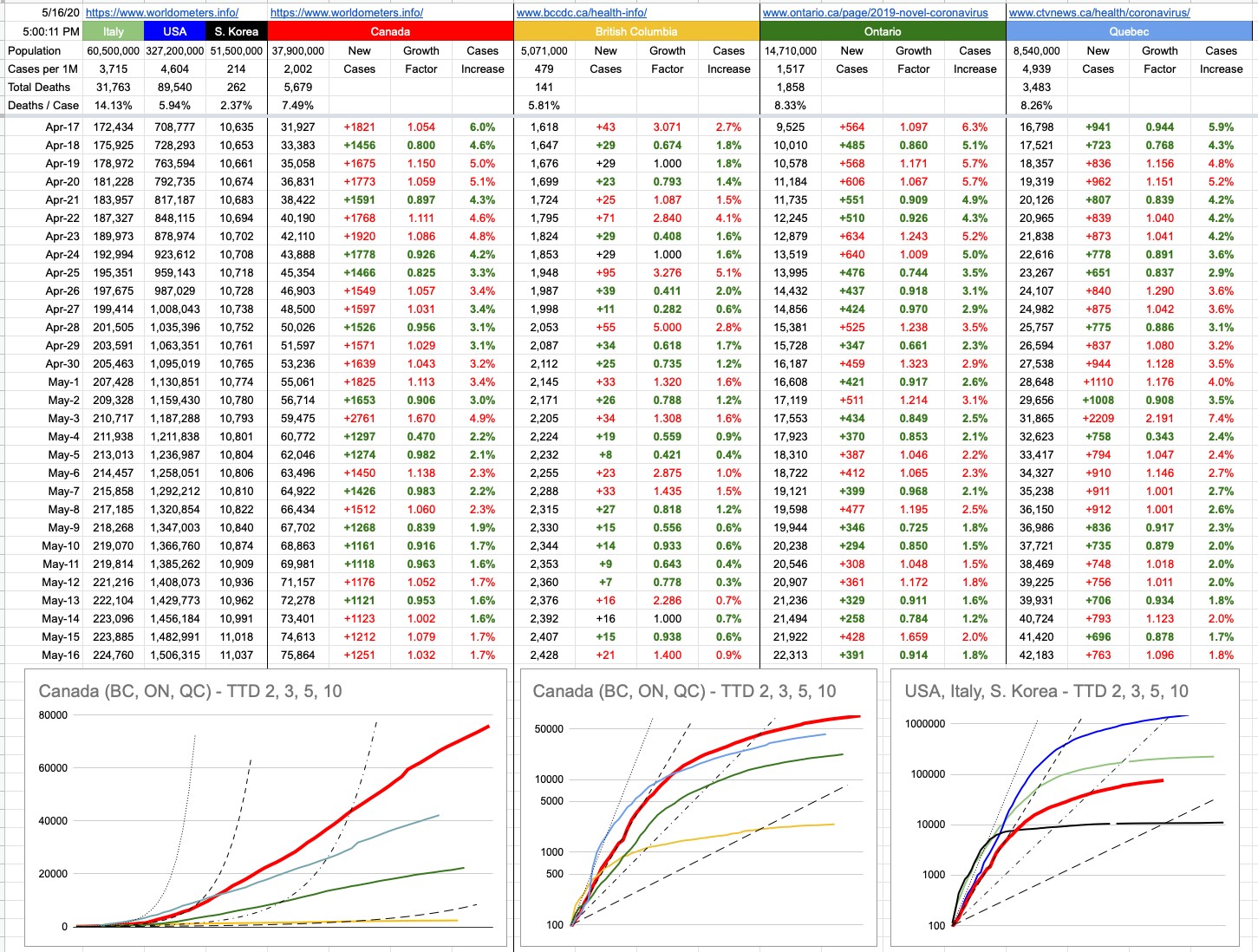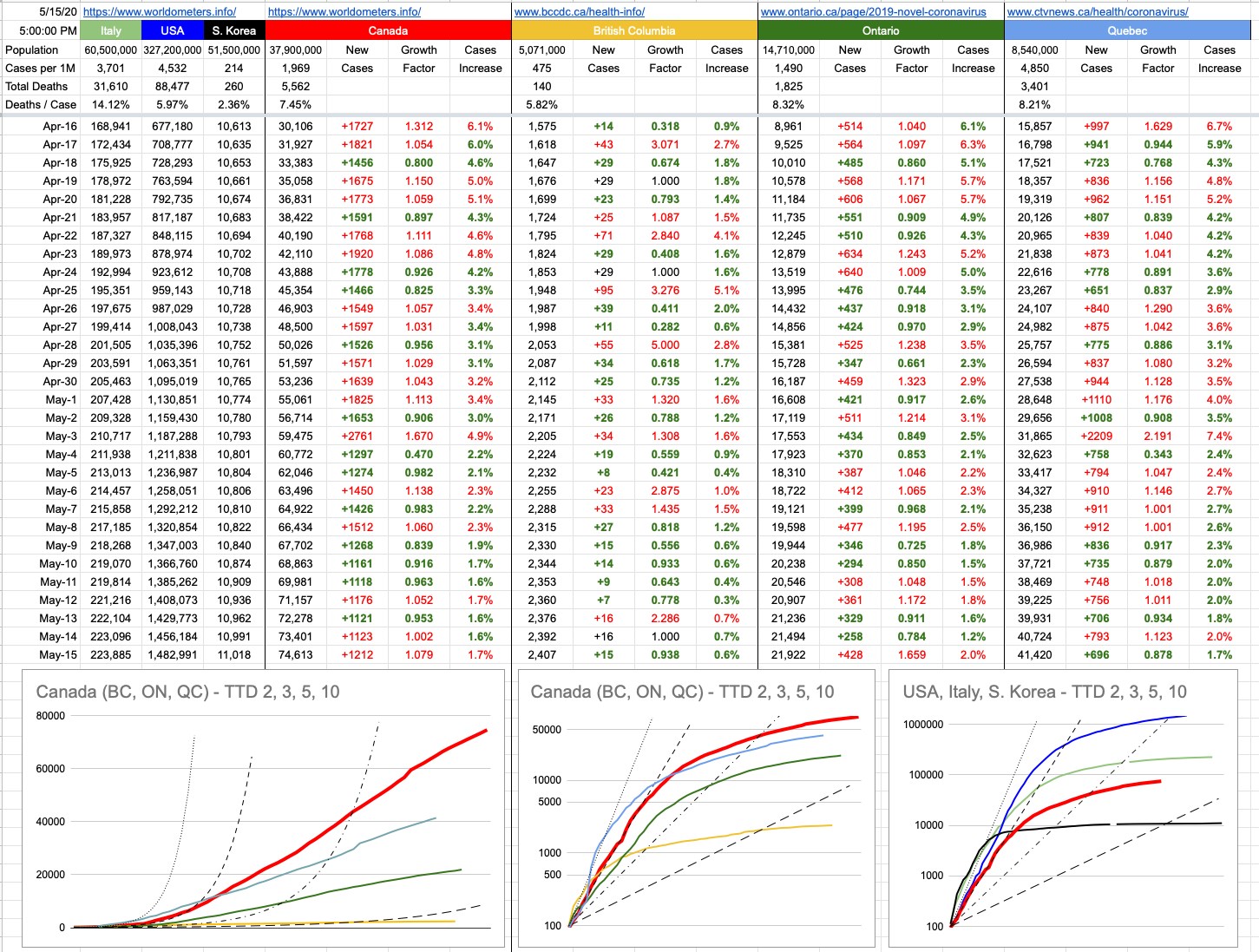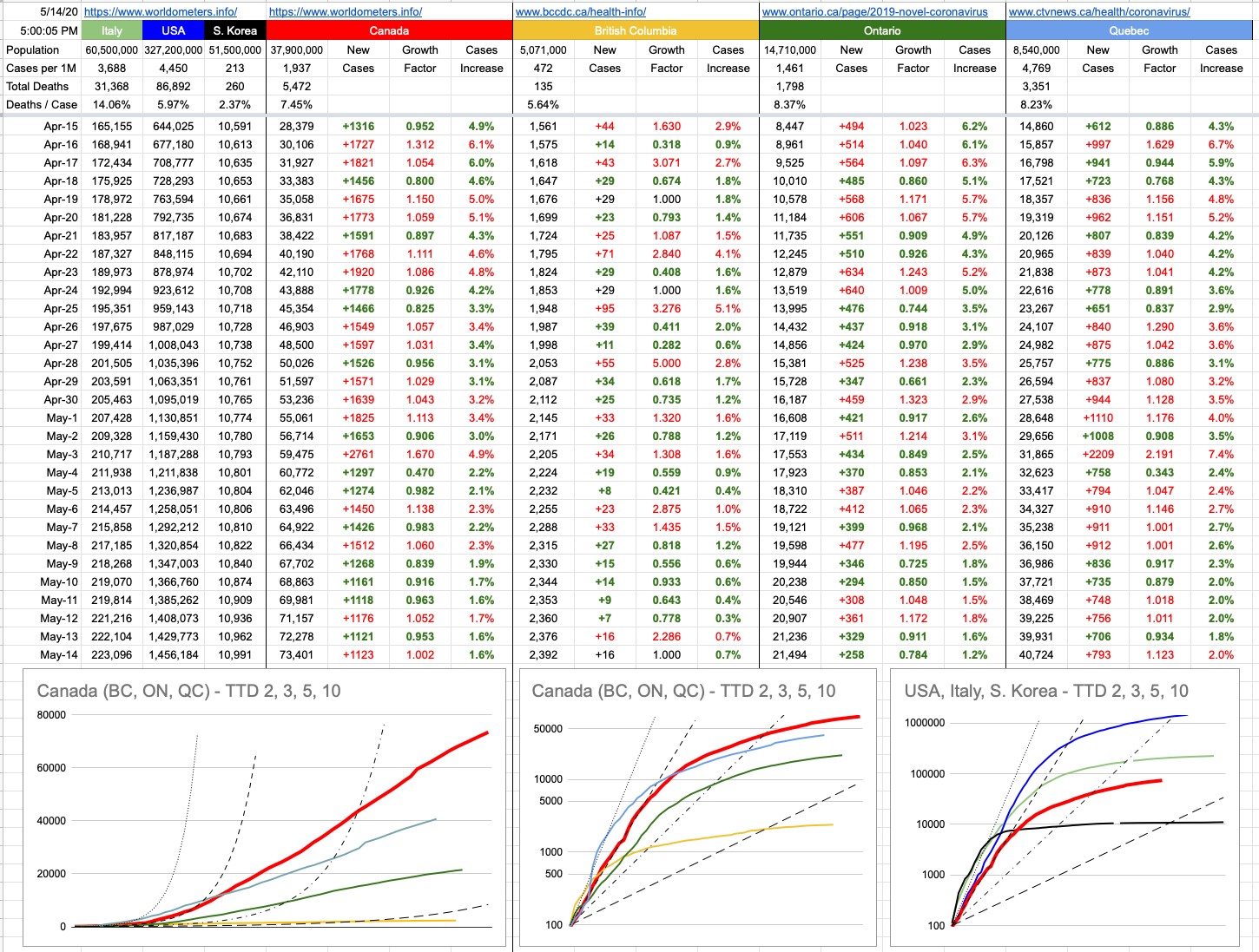Day 87 – June 11, 2020
I grew up not too far from Oakridge Mall™… it used to be my go-to mall… but, just like the changes that have transformed Vancouver over my lifetime… the same thing can be said about that mall. It’s presently undergoing a massive renovation, and I’m curious how it’ll all look once it’s done. Until they started the renovations, it was still a go-to kind of mall. Great little hole-in-the-wall sushi place, great foot reflexology place, David’s Tea™ , Radio Shack™/The Source™. Renovations or pandemic; they’re all gone.
For those who’ve been around long enough, you might remember two things about that mall, and others that had a Woodward’s™ … things you haven’t thought about in years, but I’m about to remind you. Both have to do with the Woodward’s Food Floor™ , the ancestor of Safeway™. First of all, at a counter at the front… the best frosted malts on the planet. The most well-known bribe imaginable… kids don’t want to go shopping? Offer them a WFF frosted malt. Done deal. I’ve never been able to find anything like those; a Wendy’s Frosty™ is the closest thing, but it’s not the same. Who knows what gave it that intangible incredible taste. For all I know, it was mixing the malt with the non-biodegradable styrofoam cup that it came in, the kind where it makes that delicious scraping sound as you try to reach every last molecule of yumminess. If anybody reading this knows of a place locally that makes really good frosted malts… please… tell me!!
The other thing was the Parcel Depot™ — which sounds like something out of The Jetsons™ if you’re not familiar with it. You’d buy your groceries, which would always we be bagged by some kid… into paper bags. But instead of just handing you a shopping cart full of bags… or maybe schlepping them out to the car for you… what he’d do is put them in giant plastic tubs. Each tub had a number painted on it. Each tub also had a ratty-looking plastic shingle with the same number. The bags would go in, and the shingle (or shingles, if it was one of those massive haul sort-of trips requiring multiple bins) would be handed to the shopper. And then… the magic. The tubs would disappear underground, on a mysterious conveyor belt that took them into the abyss.
Actually, it wasn’t the abyss… it was an island in the middle of the parking lot, the Parcel Pickup™ where you’d drive the car, pop the trunk, hand the shingle to some other kid who’d find the appropriate tub that had magically materialized in said island… and load your trunk. Incredibly futuristic, in hindsight.
Around 30 years ago, I had this friend… who was dating a girl who was a hairdresser. She was really nice, and would cut my hair for free. I had to drive out all the way to New West, but so what… free haircut! And then, one day, they broke up. He was sad. I was sad too, because I lost my hair hookup. He’s laughing right now because he’s reading this. Hi Andrew.
And so, around 30 years ago but a few weeks later, I happened to be at Oakridge Mall™ and realized I desperately needed a haircut, and there was a hair salon place there. It was called Raymond Hair Design™ , located roughly where BMO™ and The Apple Store™ are today. I wandered in, asked for a haircut… I didn’t have an appointment of course, so they hooked me up with whoever was free — turned out to be a very nice young (we were all young back then) lady who cut my hair and did a great job with it. Good enough that when I needed a haircut next time, I went back to the same place and asked for her. And this went on for years, until one day she told me that she and a few of her co-workers were starting-up their own place… maybe I wanted to follow her there. Of course… where? Near Broadway & Granville. For sure… so for the next few years, that’s where the haircuts took place. And then one day, she said she’s going out on her own… she found a little place and signed a lease… maybe I wanted to follow her there. Of course… where? Near Broadway & Granville. Aren’t we near Broadway & Granville right now? Yes, indeed… it’s a couple of blocks away. Great.
So the haircuts moved over to the new place for several years… a kind of dark, below-ground little spot…but it did the job… until one day she said she’s moving again, to a bigger and brighter spot. Great, I said… where..? Near Broadway & Granville. Yeah…isn’t that where we are right now? Indeed… just a couple of blocks away. Heh, ok. See you there. And that’s where the haircuts moved to… and that’s exactly where I was a few hours ago, for the first time since February 24th. I typically cut my hair every few weeks… it grows quickly. It’s been 15 weeks…
I must say, I was really happy to go there. My hair desperately needed it, it was really nice to see her and catch up, and, of course, the feeling of restoring normality that comes with all of that. It was weird… we were the only two in the entire salon, she was wearing a mask… but still… so, shoutout to Jenny — she’s reading this too. I can’t seem to find the best frosted malts on the planet, but I found the best haircuts 30 years ago, so I’m sticking with it.
Speaking of sticking with it… you know, I can’t sign off without some sort of pandemic correlation… that seems to be *my* TradeMark™… but this one is easy… like I said, for us around here who’ve behaved relatively well, so much so that our numbers are allowing us the steps toward normality… this is the sort of reward that comes with it. It’s not a lot, but like many things we used to take for granted, it now comes with a new appreciation. I suppose like oxygen… it’s not a big deal and you never think about it… until the moment comes where you can’t get any. Suddenly, it becomes a very big deal, very quickly. Haircuts aren’t life-or-death, but neither was most of the life we were all accustomed to… it’s just nice to be heading back in that direction. Like I said, Stick With It™ … we’re getting there.



